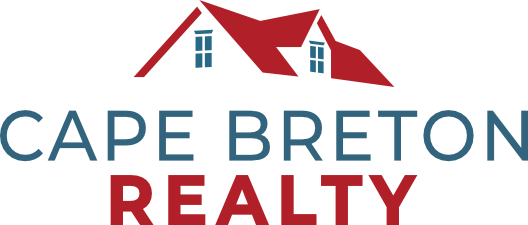By Sherry MacLeod
Managing Broker
Cape Breton Realty
Canadians are experiencing to significant shifts in the economic landscape. The Bank of Canada has announced a change in its interest rate, moving by 50 basis points to a new rate of 3.75%. This adjustment comes at a pivotal moment as the U.S. elections have concluded, with former President Trump proposing a 10% tax on imports. Given that the United States is Canada’s largest trading partner, this could have profound implications for our economy.
Moreover, the controversial pipeline project from Alberta to the U.S., which was shelved four years ago following President Biden’s election, may re-emerge as a topic of discussion. The potential revival of this project could reshape energy exports and influence our economic relationship with our southern neighbor.
These developments, whether perceived as beneficial or detrimental, will inevitably affect interest rates and the broader economic climate. Economists are cautiously optimistic, forecasting that we may see another decrease in rates come December. According to mortgage broker Brent Richardson, the ‘neutral rate’ at the Central Bank, which is considered neither stimulative nor restrictive, currently lies between 2.5% and 3%. This suggests we could see further decreases in the Central Bank rate, potentially leading to a stabilization of fixed and variable rates in the mid-high 3% range.
Currently, 5-year fixed mortgage rates are hovering around 4.09% to 4.50%, while variable mortgage rates are in the low 5% range. Comparatively, Richardson anticipates that by December 2024, the Central Bank may cut the prime rate to around 3.50%, with further reductions potentially bringing it down to 3% by early 2025. This could translate to fixed mortgage rates dropping to the mid-high 3% range.
Richardson notes, “Given this, we may have 1% – 1.25% further Central Bank rate decreases (3.75% current down to 2.5%), and this, too, infers fixed and variable rates to stabilize in the mid-high 3% range.” This insight reflects a broader trend where economic conditions are leading to expectations of lower mortgage rates in the near future.
As we navigate these uncertain waters, it’s essential for Canadians to stay informed and consider how these changes might impact their financial decisions, particularly in the realm of mortgages. With the potential for further rate cuts and an economic landscape that is continuously evolving, the decisions made today could resonate for years to come.
In conclusion, while the path ahead is uncertain, understanding the economic indicators and their implications can empower Canadians to make informed choices as they move forward in this ever-changing economic environment.
Keep in mind as rates decrease, more buyers will step into the market and prices are expected to increase due to demand.

Navigating Economic Changes in Canada
Share This Post:

